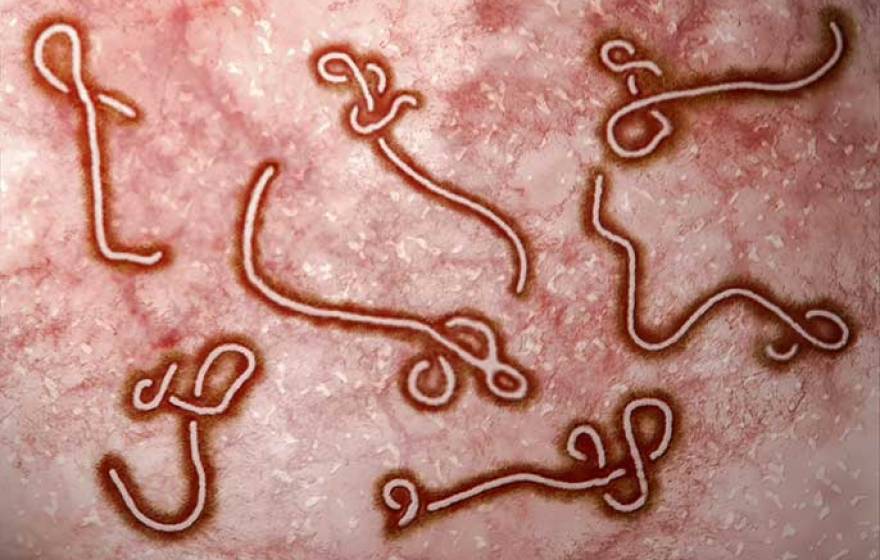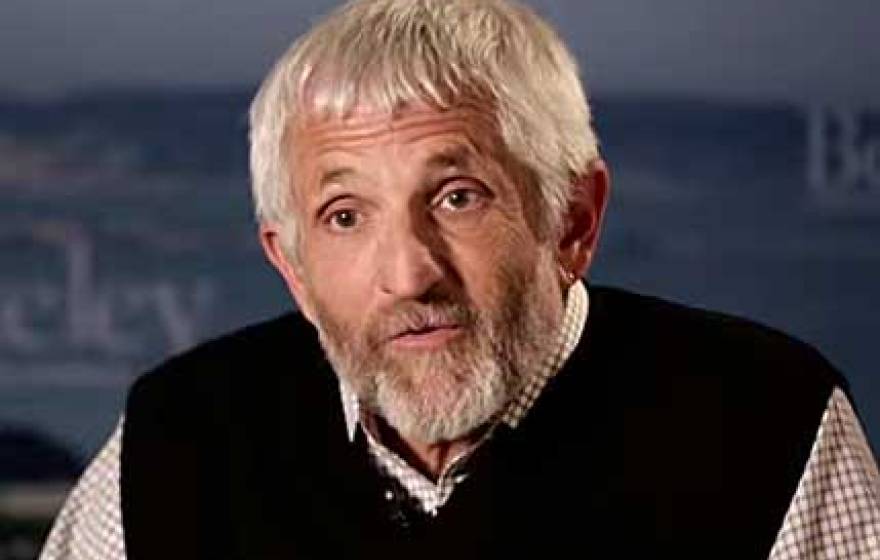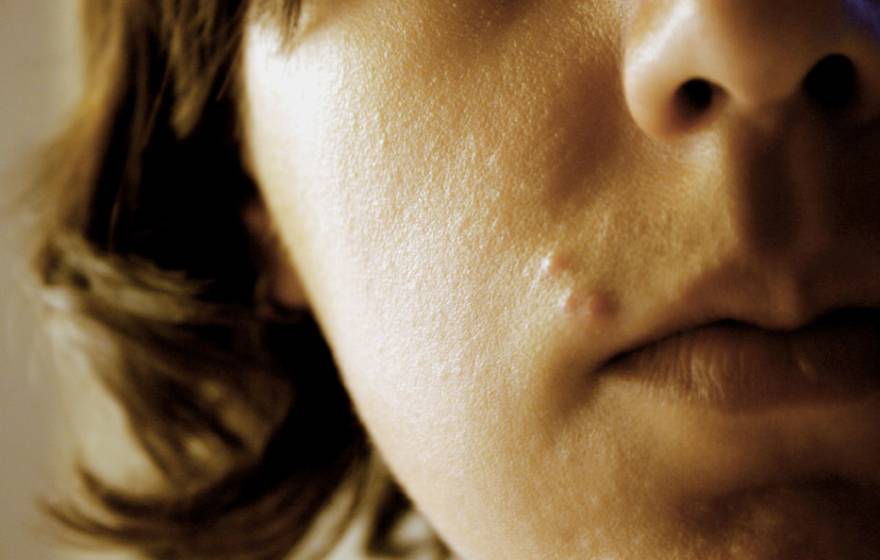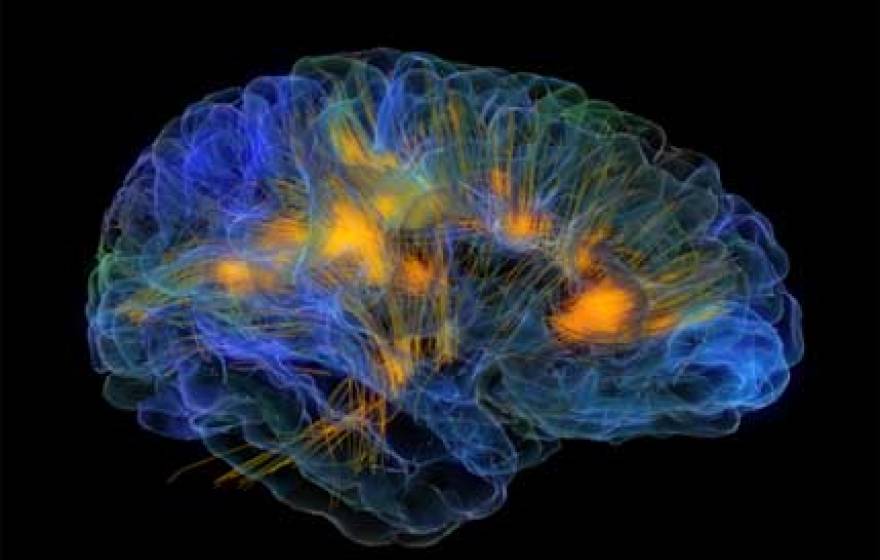UC Newsroom |
Smoking's $18.1 billion toll on California
Despite declines in numbers of smokers, related diseases account for one in seven deaths in the state — more than from AIDS, influenza or diabetes.
Chronicle of Higher Education |
NIH awards $32 million to tackle Big Data in medicine
UC San Diego, UC Irvine and UCLA are among recipients who seek ways to handle data in search of medical discoveries.
UC Newsroom |
The Ebola crisis
UC is active in the battle against the deadly virus, now in its most widespread outbreak.
UC Berkeley |
Ebola 101
An infectious-disease expert at UC Berkeley offers a primer on the deadly Ebola virus.
UC San Francisco |
$17M award aims to improve clinical trials for traumatic brain injury
Department of Defense award joins universities, FDA, firms, philanthropies in partnership.
UCLA |
Memory loss associated with Alzheimer’s reversed for first time
In a small-scale study, nine of 10 people with the disease displayed subjective or objective improvement in their memories beginning within three to six months.
UC San Francisco |
UCSF emerges as a global health powerhouse
Just a decade after UCSF Global Sciences was founded, it has become a powerful research enterprise, attracting leading minds to come solve some of the world's toughest health problems.
UC Santa Cruz |
Ebola genome browser now online
UC Santa Cruz Genomics Institute releases bioinformatic tool to assist vaccine efforts.
UCLA |
Grapes may help with acne
Resveratrol, an antioxidant, may lead to a clearer complexion when used with old standby benzoyl peroxide.
UC Newsroom |
UC nabs nearly a quarter of NIH brain research grants
Projects led by UC scientists will receive more than $10 million of the $46 million being awarded as part of the Obama BRAIN Initiative.
UC Davis |
No sign of health or nutrition problems from GMO livestock feed
The performance and health of food-producing animals consuming genetically engineered feed, first introduced 18 years ago, has been comparable to that of animals consuming non-GE feed.
Science Today |
Healthy lifestyle may buffer against impacts of stress
A new study suggests that maintaining a healthy diet, exercising and sleeping well through the stressful times may buffer against the negative impacts of stress — on a cellular level.







